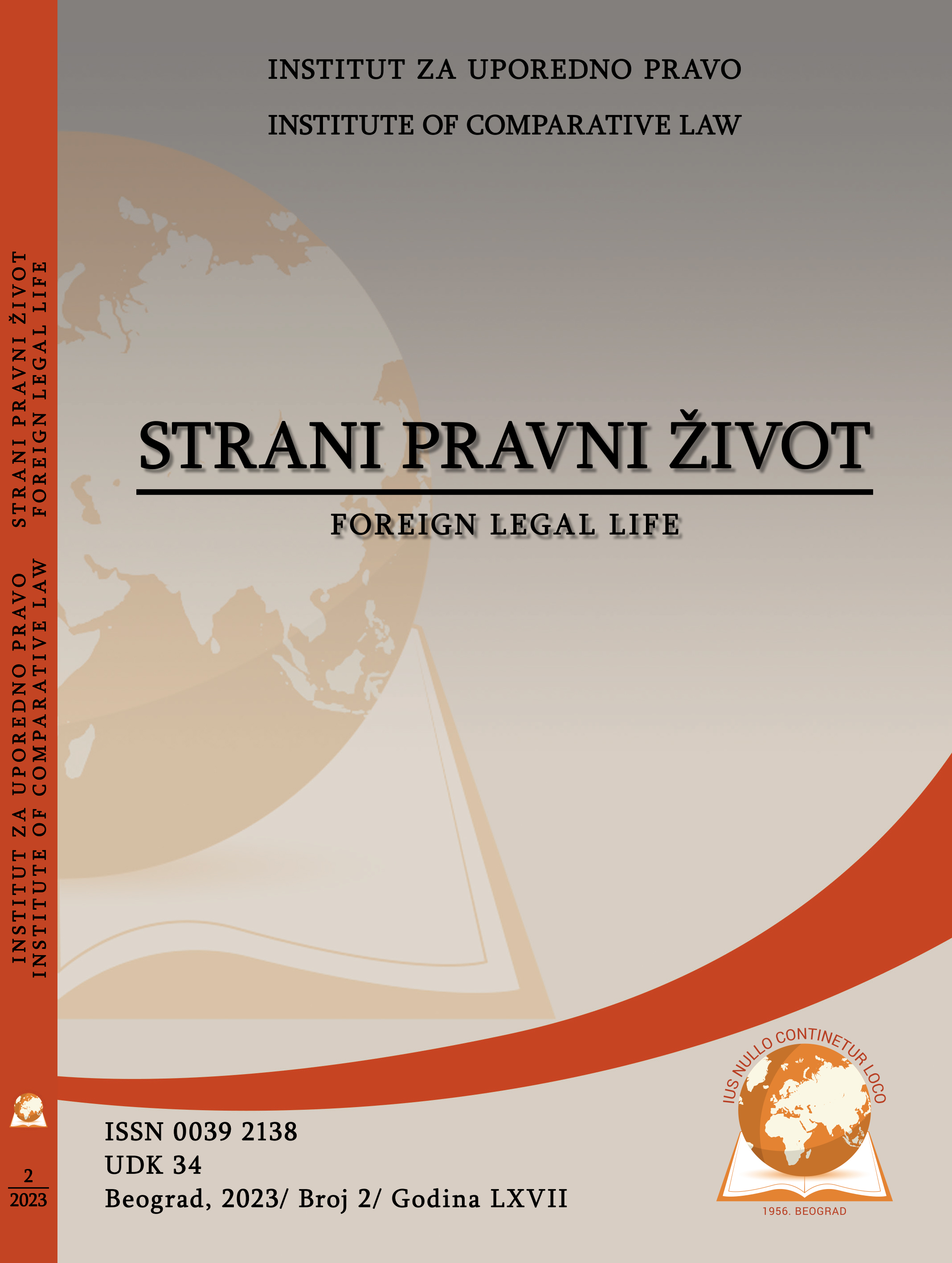SUDIJSKA (NE)PRISTRASNOST I VEŠTAČKA INTELIGENCIJA
(IM)PARTIALITY OF A JUDGE AND ARTIFICIAL INTELLIGENCE
Author(s): Dragutin Avramović, Ilija JovanovSubject(s): Law, Constitution, Jurisprudence
Published by: Institut za uporedno pravo
Keywords: artificial intelligence; information technology; judicial discretion; impartiality; bias
Summary/Abstract: A constant progress in development of information technologies and artificial intelligence has opened immense possibilities of their use in the sphere of law. The impact of artificial intelligence is particularly visible in attempts to restrain discretion of a judicial power, located in the most “slippery” field today – in between the creator of law and the one who applies the law. At first sight, it looks like that artificial intelligence could offer a lot within that field. It might have a large potential in overcoming human weaknesses in decision-making of a judge, particularly in terms of accomplishing equality and absence of prejudices. This quite optimistic approach is examined in this paper. According to the authors, artificial intelligence cannot successfully overcome the basic “human deficit” and limits immanent to the process of decision-making by judges. The authors point out the weakness and problems in the use of artificial intelligence in the context of impartial decision-making process. Due to great expectations and possibilities deriving from its use, the fact that artificial intelligence is also a product of human being is often neglected. The authors are of opinion that artificial intelligence cannot be of colossal help in terms of impartiality in judicial decision-making in the sense that it is “ratio without passion”. Namely, the creator of artificial intelligence, a man, has implemented his own subjective views into it, his prejudices and a specific view of the world. Artificial intelligence can, by all means, contribute to impartiality and equality in judicial decision-making, but only as a subsidiary remedy and not as a guarantee of a complete impartiality. Artificial intelligence cannot lead us further than what Holmes meant by the law – a prediction how the court will act – and nothing more than that. Realistic expectation of artificial intelligence is increasing predictability, but in no way establishment of a full legal certainty.
Journal: Strani pravni život
- Issue Year: 67/2023
- Issue No: 2
- Page Range: 161-177
- Page Count: 18
- Language: Serbian

